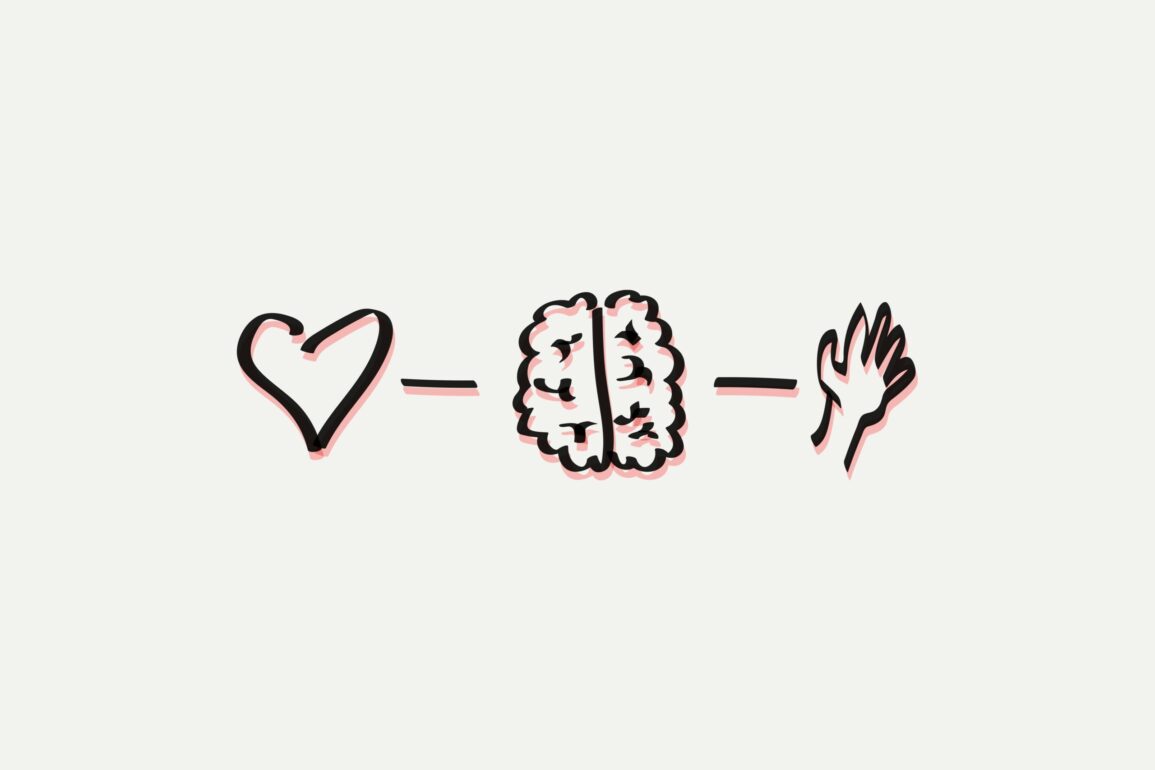Successful fundraising needs to involve our heart, head and hands. Passion for a topic, comprehensive strategic knowledge, good organisation, hard work and patience will usually lead you to your goal.
Fitting this article, Advice: Fundraising, into 2,000 to 3,000 characters, including spaces, is one of the hardest challenges I’ve ever faced. After all, authors such as Marita Haibach, Michael Urselmann and Peter Buss (the editor of The Philanthropist) each needed a couple of hundred pages to cover the topic in their books on fundraising. There is a great deal to be said for studying these seminal works (and a few others). However, in an age shaped by the internet and social media, people want a two-minute read that will tell them everything they need to know about a topic.
So, I’ll focus on three points summarised by the motto of ‘less is more’. Specifically, successful fundraising needs heart, head and hands.
Heart: successful fundraising needs an organisation and people in this organisation who are personally convinced that their work can change the world. They know exactly why we need a particular non-profit and its aims, and why it’s possible to solve a problem with this specific organisation and its projects. If this organisation’s mission statement aligns with my values, I’ll donate.
Head: successful fundraising is based on strategic decisions and a conceptual foundation. In other words, fundraisers need to know who their message will appeal to, and when, and how they can forge a connection with donors (whether individuals or institutions) and then deepen this bond. Tools can help with this, while service providers or books, like the ones mentioned above, can offer assistance.
Hands: in day-to-day life, fundraising is about targets, channels, measures, actions. In short, as well as having conviction and reflecting on your ideas, you need to do something. And you don’t just need to do something – you need to do the right thing, which means focusing on the most impactful channels and measures. You often realise that less is more, and in terms of fundraising, we really can understand ‘more’ in the literal sense of the word.
Incidentally, the same organs are important for donors, and they work in the same order, too: the purpose or content of an action appeals to their heart; their head reflects on whether the donation fits within their own budget and whether the organisation is credible; and they use their hand to fill out their payment slip, access online banking or make a donation on their mobile, via Twint.
(See – you really didn’t need more than two minutes!)
Book recommendation:
Marita Haibach, Handbuch Fundraising (Donations, Sponsoring, Foundations in Practice), published by Campus Verlag, 5th edition.
Michael Urselmann, Fundraising, Professional fundraising for charitable organisations, published by Springer Gabler, 7th edition.
Peter Buss, Fundraising, Grundlagen, System und strategische Planung, published by Haupt Verlag.


